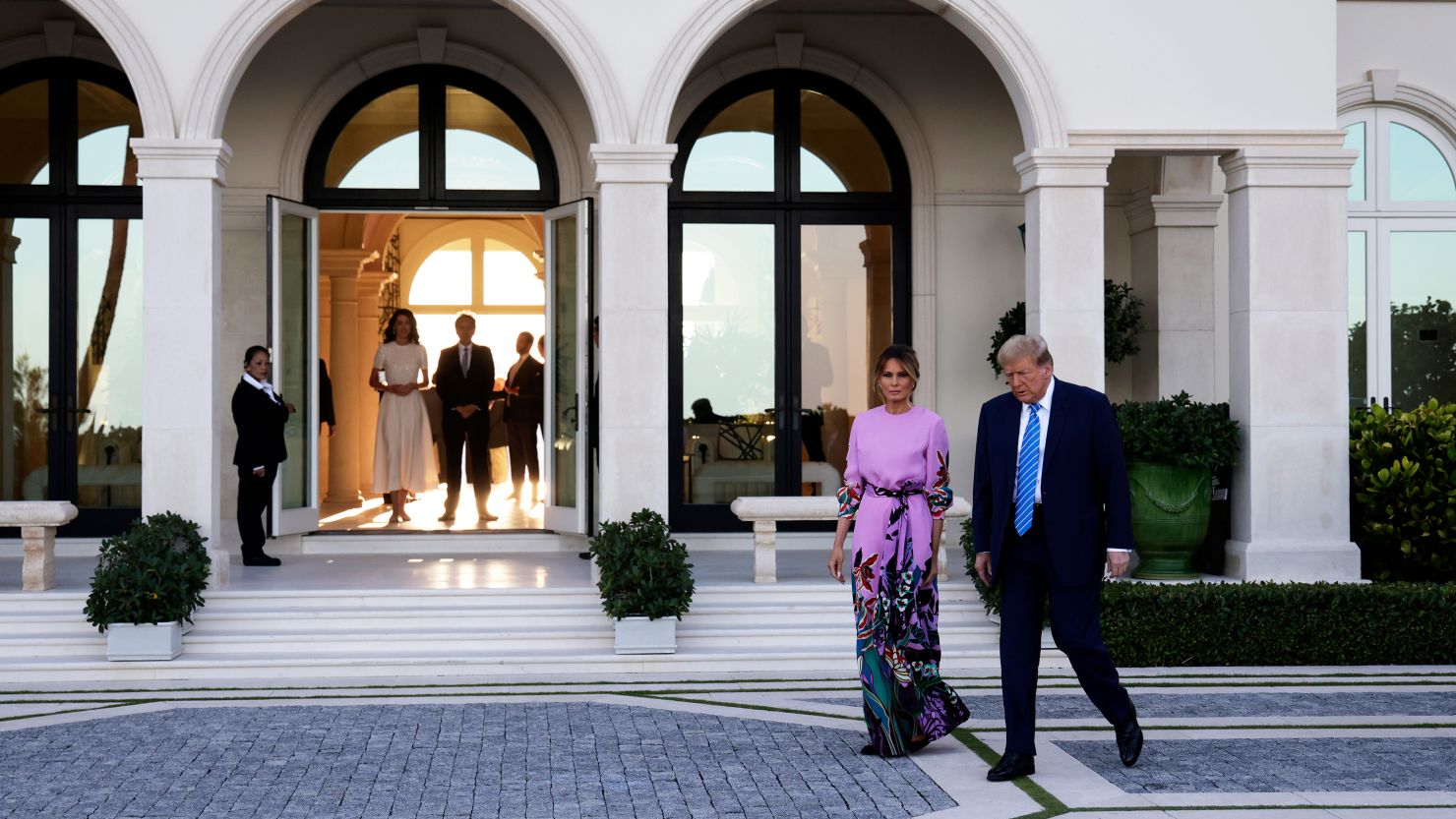Wealthy donors forked over a record $50.5 million at a recent fundraising dinner for former President Donald Trump, but they could also reap big benefits if he returns to the White House.
At the dinner, hosted by billionaire investor John Paulson, Trump told the crowd that one of his core issues for a second term would be extending the sweeping tax cuts that congressional Republicans approved in 2017. While the Tax Cuts and Jobs Act reduced taxes for most Americans, the rich benefited far more than others.
The speech outlined yet another divide between Trump, the presumptive GOP presidential nominee, and President Joe Biden, who is campaigning on raising taxes on the wealthy to fund his social and other priorities while protecting those who earn less than $400,000 a year from tax hikes. Biden’s campaign wasted little time attacking Trump for “promising tax giveaways to billionaire donors.”
“Now, Trump is making it clear to his billionaire buddies that he’ll take his first chance to double down on tax giveaways for the ultra-wealthy – all while he fights to rip away Americans’ health care, gut Social Security and Medicare, and raise costs on working families,” Sarafina Chitika, a Biden campaign spokesperson, said in a statement.
The fate of the 2017 law’s individual tax provisions, which are set to expire at the end of next year, will depend on which party wins control of the White House and Congress in November.
If they are extended, more than 60% of the benefits would go to those in the top 20% of income, according to the Tax Policy Center, a nonpartisan research group.
More than 40% of the benefits would go to those in the top 5%.
If Trump achieves his goal, those making between $400,000 and $1 million would get an average tax cut of about $15,000, lifting their after-tax incomes by 3.1%, according to the center’s estimates. Those who earn $1 million or more would enjoy an average tax cut of about $50,000, raising their after-tax incomes by 2.3%.
Only about a quarter of those in the lowest income households would see their taxes reduced. Their tax cut would be $100, on average, which would bump up their after-tax incomes by 0.5%.
The wealthy have already been served well by the Tax Cuts and Jobs Act, which also included multiple corporate tax changes.
“Most everybody in every income group got a tax cut, but the highest-income people got by far the biggest tax cut,” said Howard Gleckman, a senior fellow at the center.
The law reduced individual and corporate income tax rates, repealed personal exemptions, increased the standard deduction and child tax credit, limited or restricted certain itemized deductions and doubled the estate tax exemption, among other provisions.

